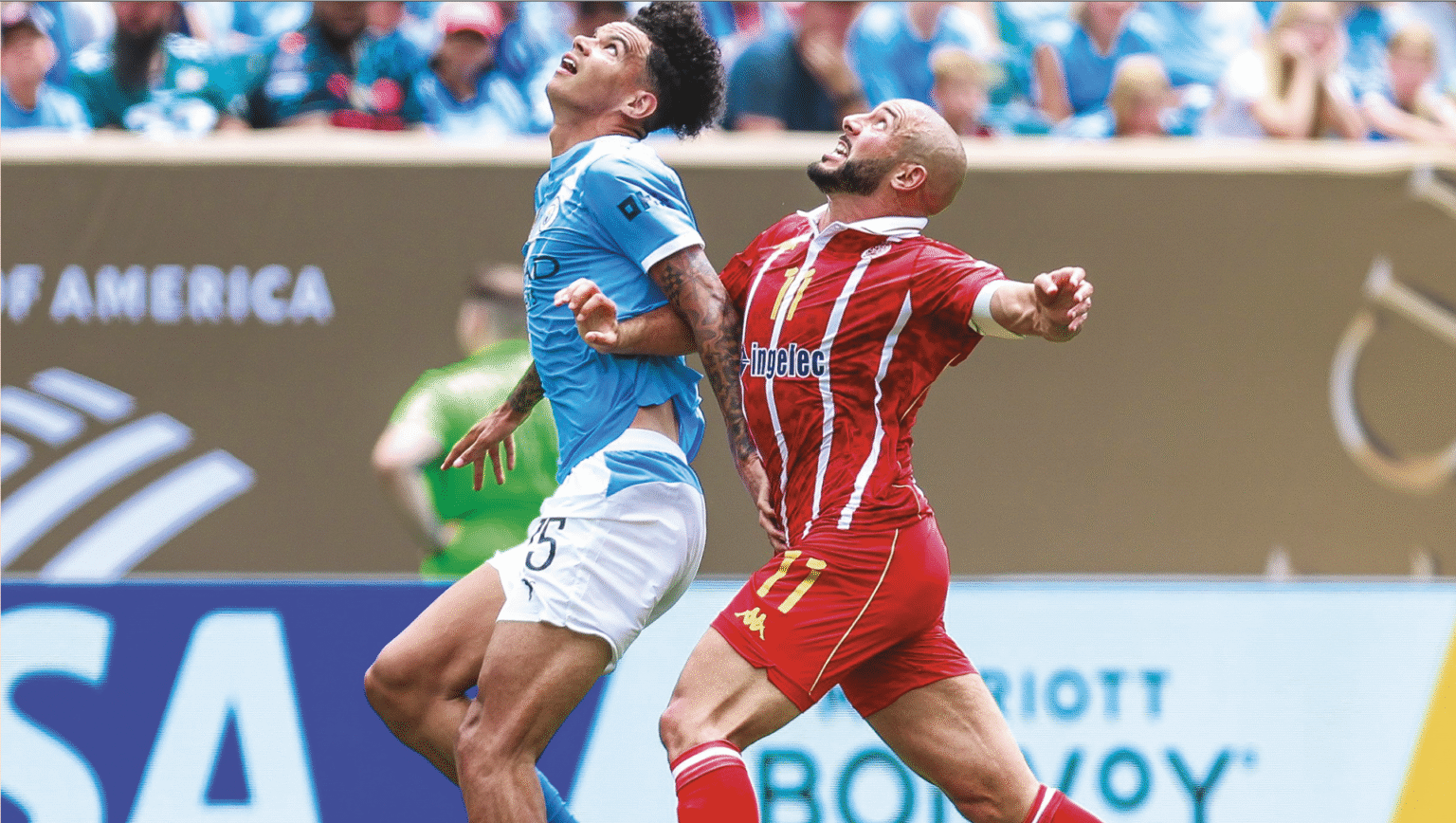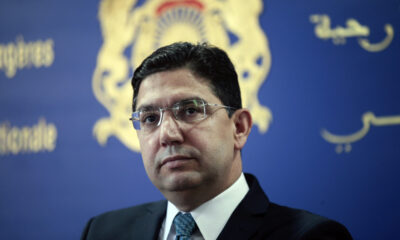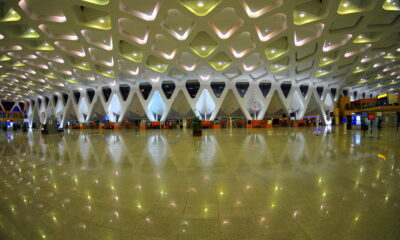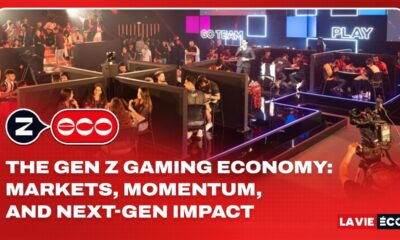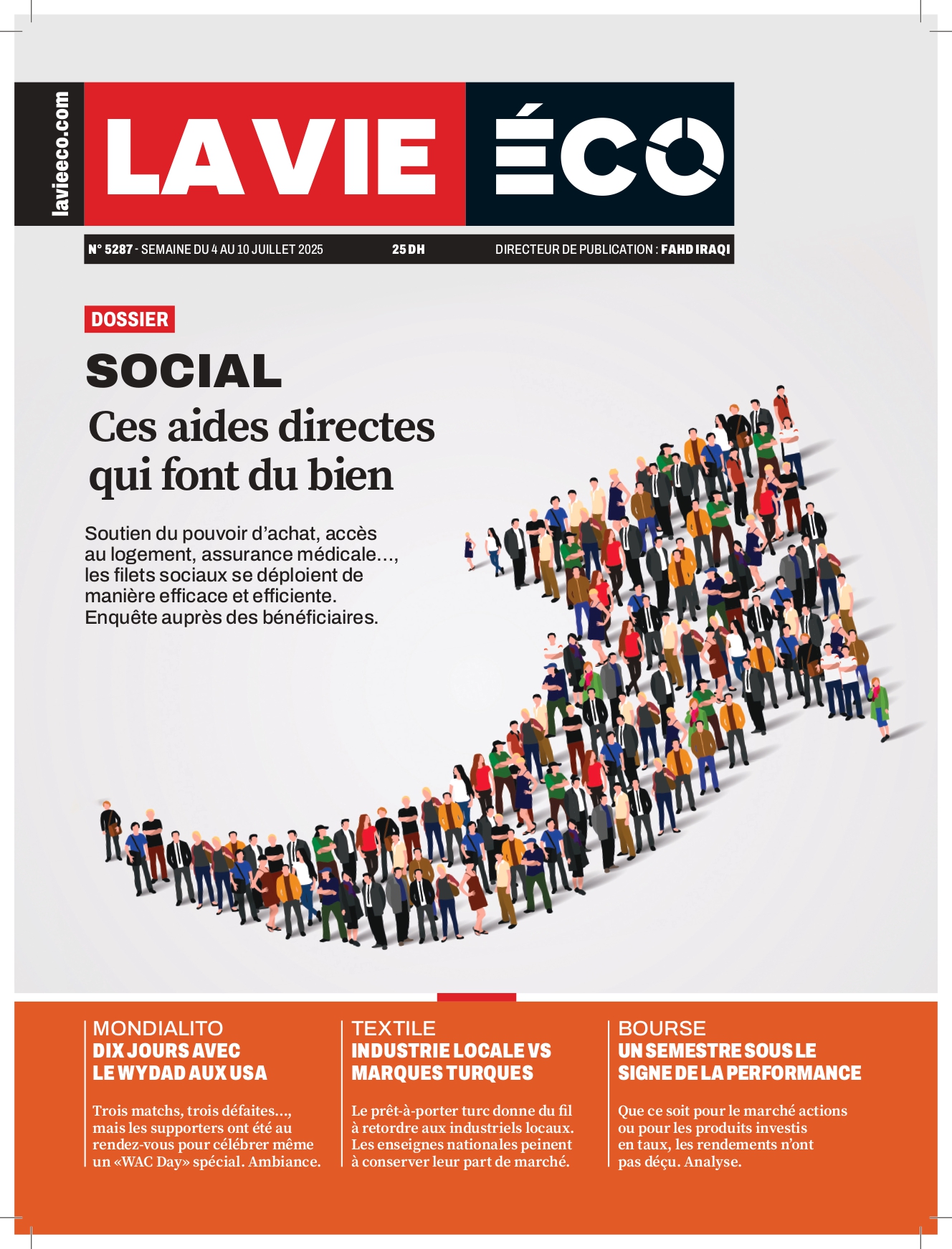Influences
Mondialito: Ten Days with Wydad in the USA
Three matches played, three defeats suffered, unwavering fan support, a celebrated ‘Wac Day,’ state-of-the-art connected stadiums… A tale of a disappointing campaign, yet one filled with valuable lessons.
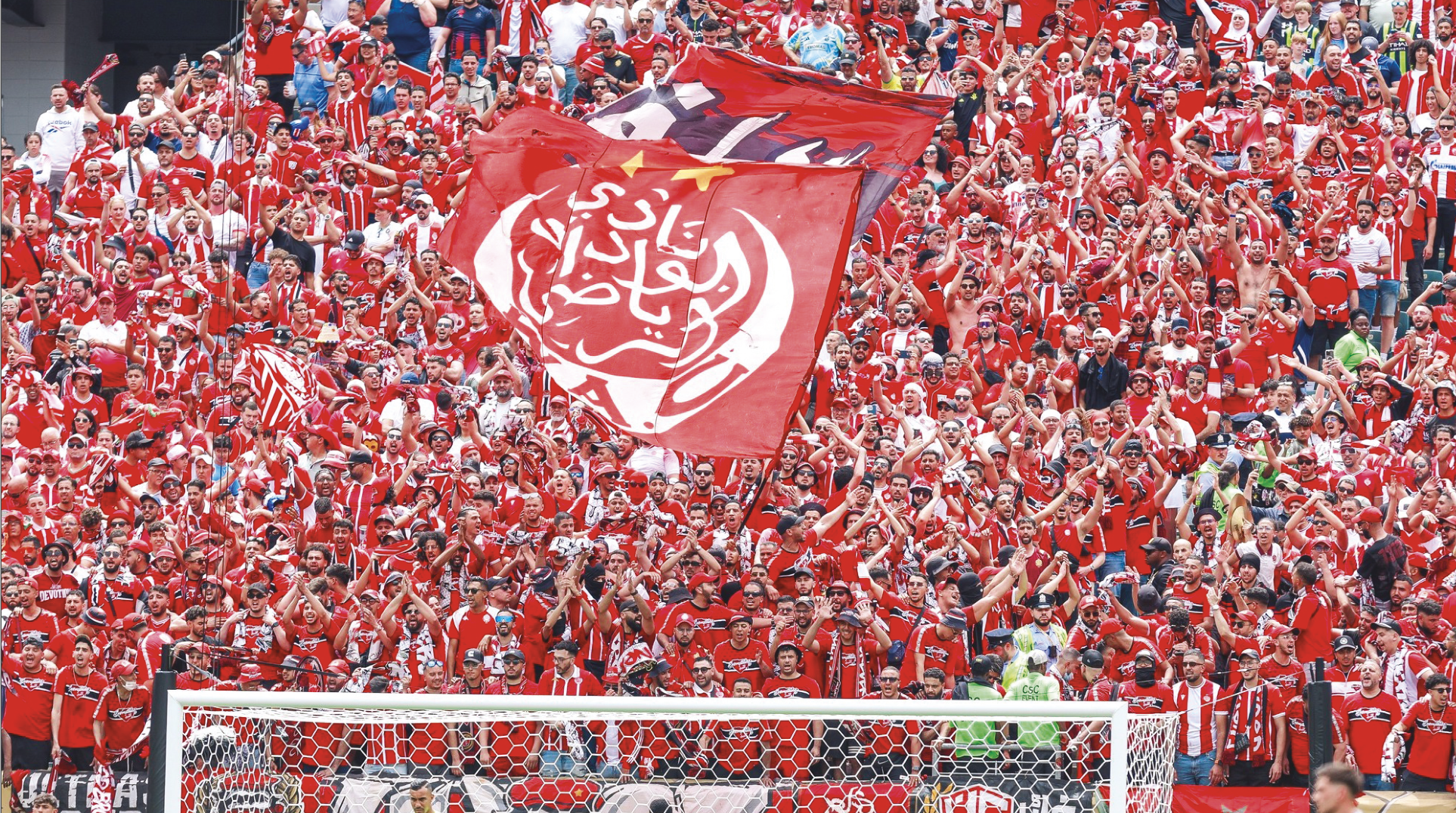
The Club World Cup organized in the United States certainly served as a lesson for Wydad Athletic Club, exposing numerous shortcomings that need addressing.
However, the fervor of the fans—who played a significant role in promoting sports diplomacy—remained unwavering. The tournament’s organization, the connectivity and quality of the stadiums, and the logistics stood out as a model to emulate.
Subpar Performances
Every excuse could be made: extreme temperatures, last-minute additions to the squad just days before the Mondialito, Omar Al Somah’s delayed arrival in the U.S. (on the day of the first match), facing top-tier opponents, misfortune, and a dip in morale following coach Amine Benhachem’s car accident… Yet, Wydad Athletic Club failed to deliver the performances expected or hoped for—to its loyal fans, supporters, and everyone who traveled to the United States to witness the team in action.
The team exited the Club World Cup—in its new 32-club format—without a single victory, following three consecutive defeats: against Man City (2-0), Juventus (4-1), and finally Al Ain (2-1). The players have apologized, vowed to redouble their efforts, and hope for a stronger squad. The fans, however, demand accountability, including explanations from club president Hicham Aït Menna.
«Together Forever»
Flames, smoke flares, fireworks, drums, chants, slogans… All of this in the U.S., in the heart of Philadelphia and Washington streets, and even in New York’s Times Square. What didn’t we witness with the Winners! They never missed a chance to showcase their unwavering loyalty throughout these three matches.
Whenever they gather at a location, thousands of supporters flock. Wydadis from near and far share the same voice, nurture the same ambition, and pulse with the same unconditional love for their club—united under the red and white colors, bound by a passion that transcends borders, generations, and hardships.
The experience proved fleeting for a historic club with so much still to give. But «Together Forever» will fuel their sense of belonging for many years to come.
The Stands Open to Families
What stands out during Wydad’s matches is the increasingly visible presence of families in the stands. Beyond the ultras and the die-hard fans in the terraces, parents with children and entire families now attend the games.
This marks a significant shift in the fanbase’s profile. The stadium has become a family gathering space in a football world once reserved solely for men. And this is precisely what Wydad offers: a club that bridges generations and unites people.
A Wac Day in Columbia

Following an unofficial announcement in Philadelphia at the City Hall Birth Apron—where a fan zone was set up ahead of the first match against Manchester City, including a jersey gifted to Mayor Cherelle Parker (represented by her deputy)—the District of Columbia officially declared May 8 as “Wydad Day” or “Wac Day.” This date coincides with the club’s founding in 1937.
Club members presented a custom jersey bearing the name of Muriel Bowser, Mayor of the District of Columbia, as a token of gratitude for this tribute.
Wydad’s Soft Power

The Wydad atmosphere made headlines across media outlets. The New York Post described the march of Wydad supporters to the stadium before the Manchester City match as “a red human tide.” The visual and sonic impact of the Winners was so powerful that even Man City fans praised them on social media. Similar scenes unfolded during the final match against Al Ain.
The Washington Post highlighted the “impossible-to-ignore” ambiance despite sweltering heat, remarking, “It felt like a North African derby transplanted into the heart of the American capital.”
To cap it off, FIFA President Gianni Infantino thanked Wydad, calling the club’s participation “honorable and a credit to a football-passionate nation.” Wydad reaffirmed that sports diplomacy remains an indispensable tool.
Stadium Access: A Benchmark
The stadiums hosting the Club World Cup matches set a gold standard for organization. Every detail was meticulously planned.
Enhanced security at entrances—with scanners and sniffer dogs—ensured smooth access for both international press and fans. Signage guided attendees to key areas, while elevators with dedicated staff helped spectators reach their seats effortlessly.
Despite this, the Winners managed to bring flares and tifos into Lincoln Financial Field in Philadelphia, resulting in a 400,000 DH fine for the club.
Cashless and Seamless
The venues offered all necessary amenities: ample, clean restrooms in every stand, accessible even during peak times.
Food stalls operated before, during, and after matches, serving snacks, cold drinks, local specialties, and full meals. Spaces were designed to minimize wait times, ensuring fans missed none of the action. Cashless payments dominated, and staff even delivered drinks and meals to spectators unwilling to leave their seats.
Connectivity and Logistics
Transport links to stadiums like Lincoln Financial Field (Philadelphia) and Audi Field (Washington) were exemplary. Each venue was surrounded by extensive networks of buses, metros, taxis, ride-shares, and free shuttles. Vast parking lots for private vehicles were strategically placed away from public transit hubs, ensuring crowds dispersed smoothly post-match with no traffic chaos.
The Overlooked Mondialito
Despite Wydad’s fanfare and the presence of global teams, the Club World Cup remains poorly understood in the U.S. Many Americans view it as a secondary tournament, lacking the emotional weight of the World Cup or national team stakes—even with major U.S. media coverage.
It’s an open secret: football trails behind basketball and baseball here. How often were we stopped by locals asking, “What tournament is this?”
Yet, some restaurants broadcast matches live, delighting fans who couldn’t secure stadium tickets.
